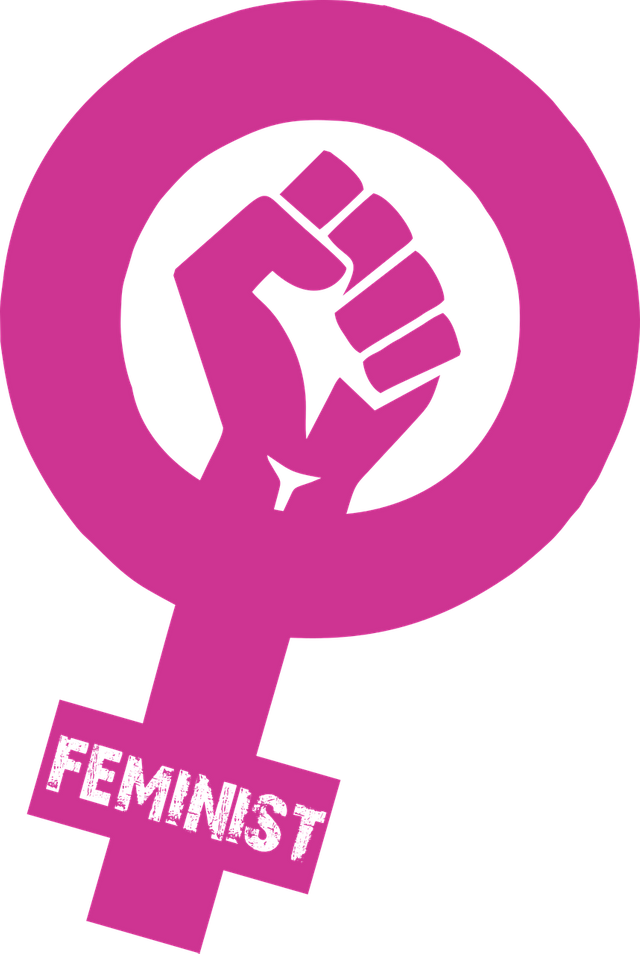The Act of Feminism and Gender Equality
Feminism is a social, political, and cultural movement that seeks to achieve equality between all genders. At its core, feminism is about advocating for the rights of women and other marginalized genders, challenging patriarchal systems and structures that reinforce gender-based discrimination and oppression.
Feminists seek to address issues such as gender-based violence, the gender pay gap, reproductive rights, and access to education and healthcare. They believe that everyone should have equal rights and opportunities, regardless of their gender identity, and that all genders should have a say in decisions that affect their lives.
Feminism is not about creating a world where women have power over men, but rather creating a world where all genders are treated with dignity, respect, and equality. It acknowledges that gender-based discrimination and oppression affect people of all genders, but that women and other marginalized genders often face unique and disproportionate barriers.
Feminism has a rich history that spans centuries and encompasses many different movements and ideologies. From suffragettes fighting for the right to vote, to intersectional feminists who advocate for the rights of marginalized communities, feminism is a diverse and ever-evolving movement that seeks to create a better world for all genders.
